Belgorod Evacuees Shelter From Strikes In Out-of-town Hotel
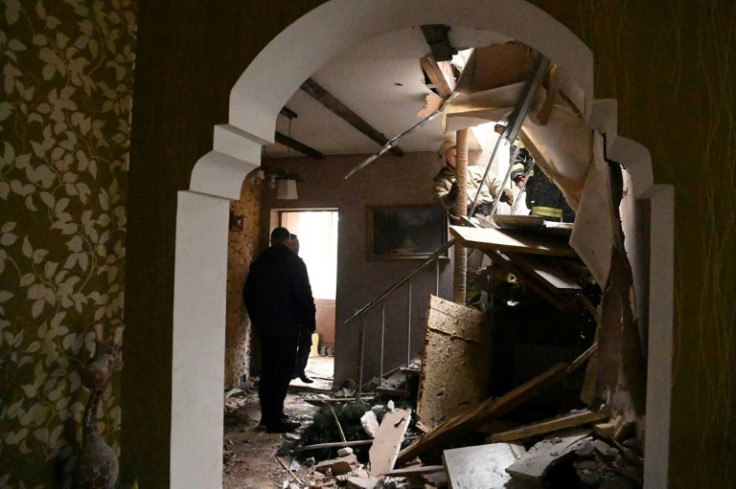
Sitting with her two children in a hotel room in Russia, Anna Demkina only watches cartoons.
The 36-year-old engineer said she did not want to see the images of the conflict in Ukraine on the news.
At the beginning of January, Demkina left the Russian city of Belgorod near the border with Ukraine and moved to the town of Stary Oskol, two hours away by road.
"We decided (to leave) because of the children. We were scared for their lives," she said.
"Wherever they were, in the house or in the kindergarten, we were defenceless."
Demkina's children are aged two and four.
The family have been told by local official that they can stay where they are until the end of the "special military operation" -- the official term used to describe Russia's campaign in Ukraine.
Belgorod, a regional capital with a population of 335,000, is regularly targeted by Kyiv in response to massive strikes in Ukraine which have killed thousands of people and forced millions to flee their homes.
On December 30, the city centre came under attack in the deadliest strikes inside Russia since the start of the conflict on February 24, 2022.
Twenty-five people were killed, including children, and around 100 more were injured.
The strikes on Belgorod have continued since then and hundreds of civilians have chosen to leave.
They are being assisted by local authorities even though no formal evacuation has been organised.
The regional governor on Wednesday said 400 children would leave the city and announced that the school holidays would be extended until January 19.
Residents of the city have been asked for the first time to tape up their windows so as to stop the glass from shattering in case of further strikes.
In Stary Oskol, Demkina has found refuge with more than 300 people including 100 children also from Belgorod, said Alexei Oleinikov a municipal officer from the civil protection agency.
"We are in an area where there are no strikes," the official said.
The hotel hosting Demkina and several dozen other evacuees puts on activities in a bid to help them relax.
Arina Kondratenko, a nurse from the local hospital, said that some people appear calm while others are visibly "stressed out".
She tries to reassure the parents first of all.
"If the mother is calm, the child will be calm," she said.
Lia Gruzdova, 39, a displaced mother of three, said she suffered from shock.
Her home in Belgorod is close to where the missiles struck on December 30, shaking her apartment walls.
"We could not stay... I could not go out with my children. We are afraid," she said.
In the hotel kitchen, a screen showed the news with images of strikes, explosions and rocket production.
In another part of the building, mothers and their children were taking part in a sculpture workshop.
Demkina made some small angels in clay "because we believe it will go better, that everything will be ok, that this horror will finally finish".
Like many Russians, she calls for peace without publicly questioning the causes of the conflict at a time when criticism can lead to prison time.
The Kremlin has to strike a balance between maintaining an appearance of normality but also ensuring that the population is prepared for a conflict that has ground on for nearly two years and shows no signs of ending.
In the town of Stary Oskol, some posters could be seen praising the "greatness of the Russian army". Others showed children dressed in military uniform.
On the main square, there was a memorial to the victims of Belgorod with toys, flowers and candles.
Larisa Chistyakova, a 56-year-old municipal employee, brushed away the snow covering the makeshift shrine.
She talked about the beginning of the conflict, when helicopters and fighter jets flew over the city.
"There is a girl who works with us. Her husband died. He died after being at war for I think two months. And a lot of people I know have died."
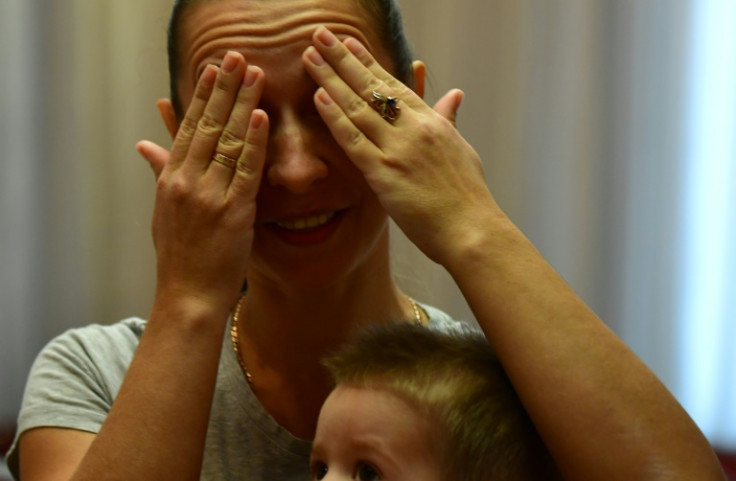
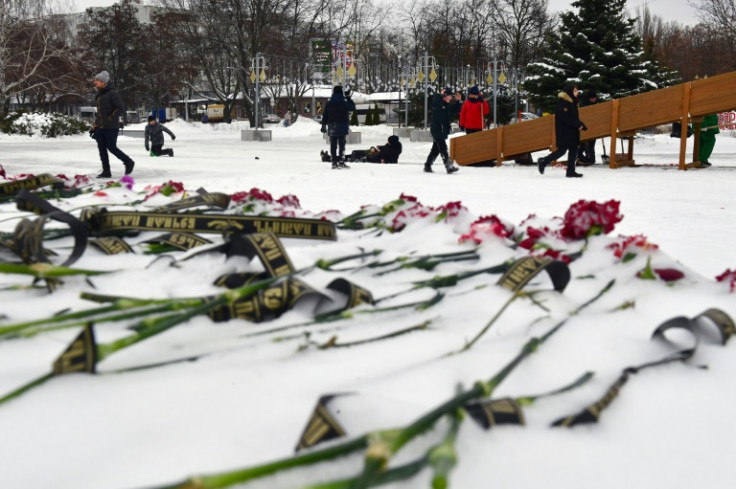
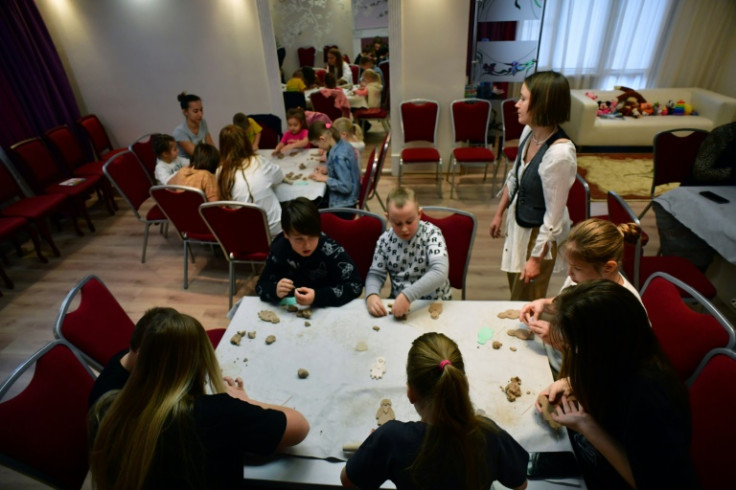
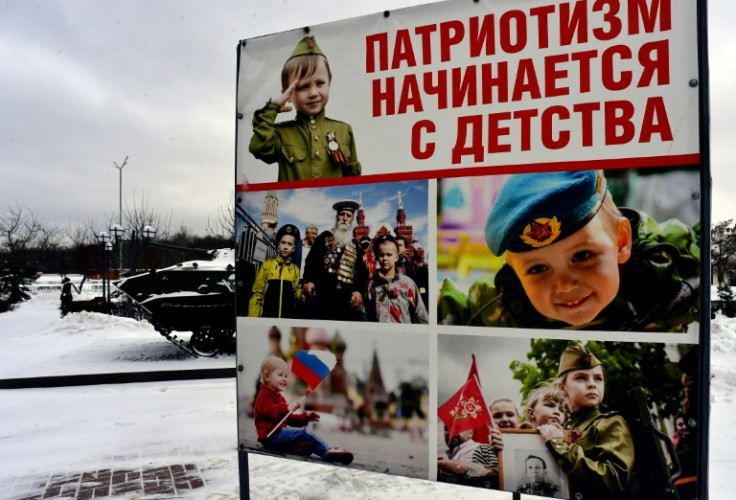
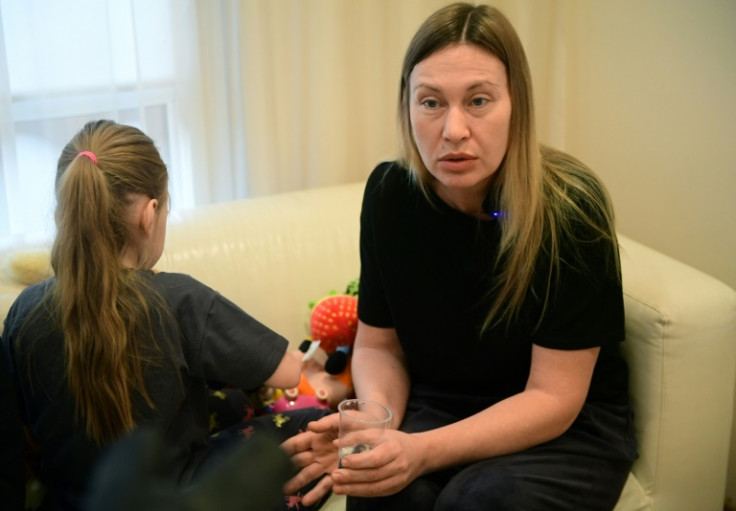
© Copyright AFP {{Year}}. All rights reserved.




















